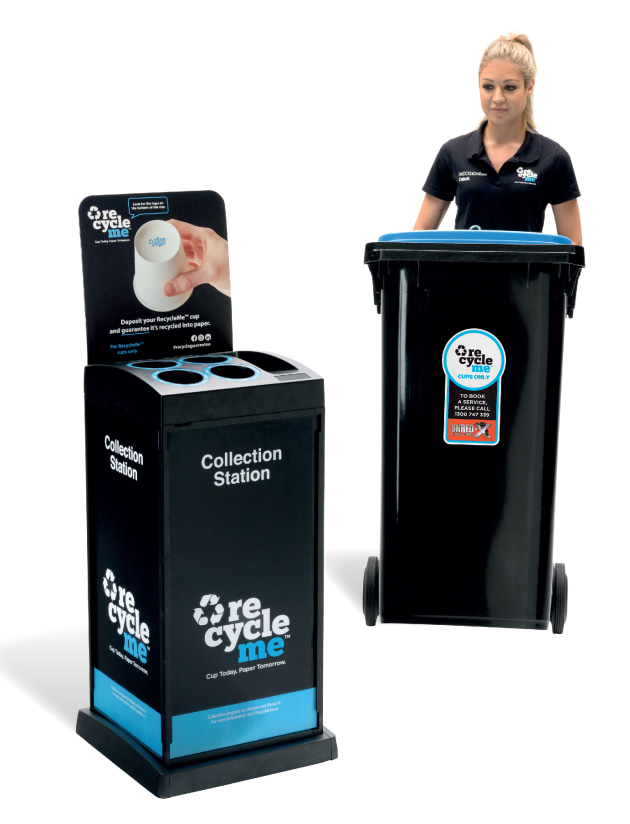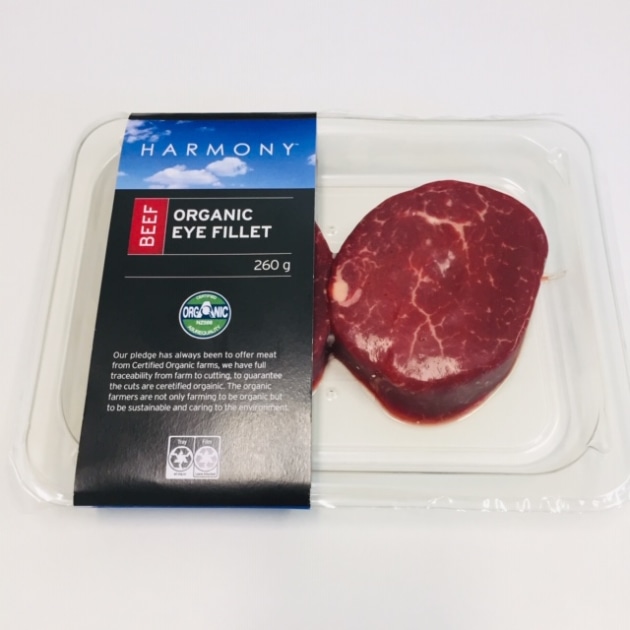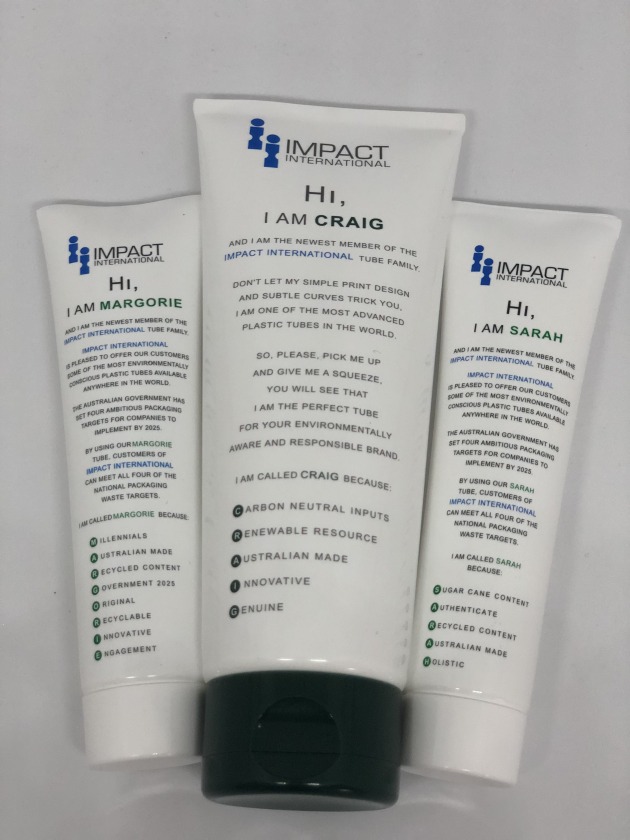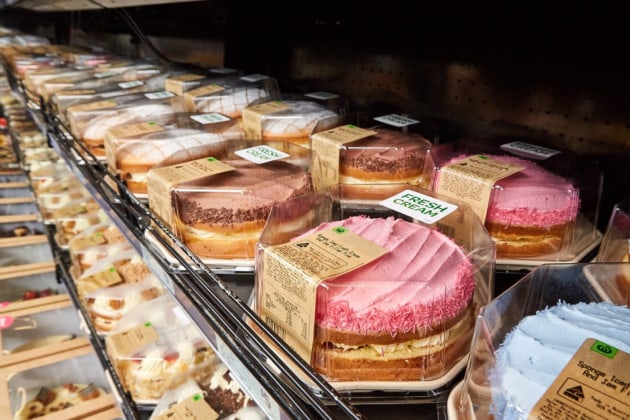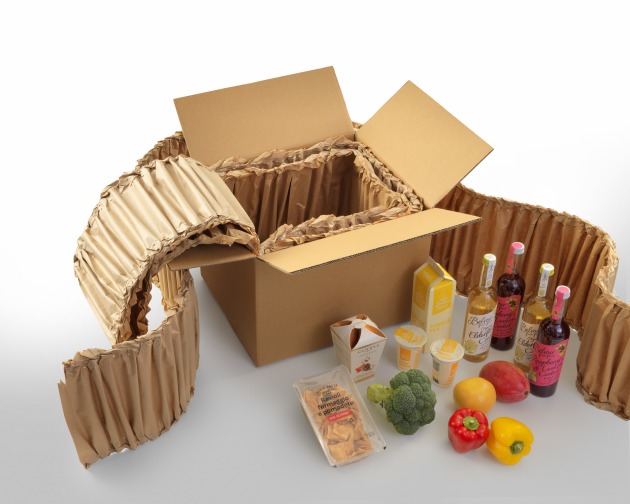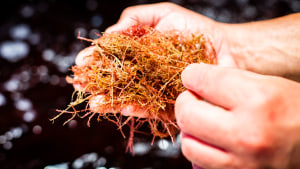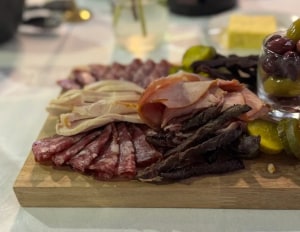VIDEO: The Sustainable Packaging Design Award is a special category in the PIDAs and this year had the highest number of submissions, with winners awarded in two categories.
Due to the overwhelming number of entries to this category and the difference in styles of packaging entered, the award winners were separated into two subset categories: Circular Economy and Materials. The gold winners for each category were awarded a custom EcodEX packaging environmental assessment valued at $10,000 sponsored by Empauer.
Circular Economy Gold Winner: PACT Group for the New Zealand brand Lewis Road Creamery post-consumer sourced PCR 100% recycled rPET milk bottle range. The rPET bottles and simple label design stand out on shelf as they are based on the old-style glass milk bottles. This has enabled the boutique brand to achieve a nostalgic feel and a new level of authenticity. The rPET bottles have a sturdy glass like premium feel that captures the brand’s history and credentials. This is the first Australasian milk producer to change to 100% rPET, that is also 100% recyclable.
Here's what Lucy Sorensen of Lewis Road Creamery had to tell PKN about the company's double wins (also taking home gold in the beverage category):
Circular Economy Special Commendation: This special commendation recognises Detpak’s initiative and investment in the development of the RecycleMe system, combining circular economy thinking to maintain high material value to address a single use packaging item. In the development of the program, Detpak started at the end-market (mill) perspective to ensure the acceptance of their innovative cup lining technology. The system also provides a solution for the cup lid which can now be collected and recycled into products such as plastic photo frames. With this right industry partnerships, the RecycleMe™ System is scalable and able to be rolled out across many locations in Australia and New Zealand.
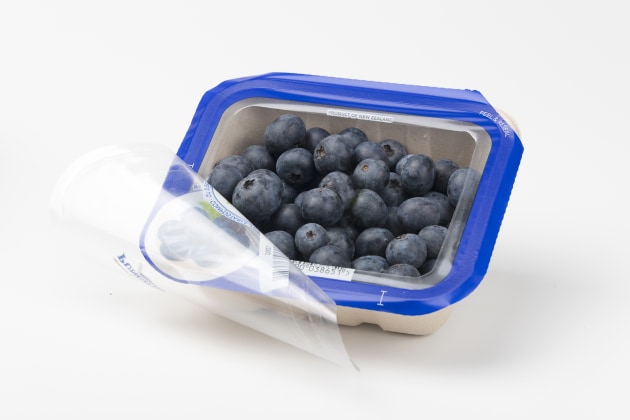
Materials Gold Winner: Punchbowl Packaging for the Kaituna Blueberries peel-able, re-sealable, tamper-proof top seal fibre punnets. Punchbowl’s design approach was to deliver a simple, practical and sustainable solution for customers, while ensuring a range of ‘end of life’ options for the packaging. In designing this sustainable packaging format, Kaituna have been able to achieve a 10% weight reduction compared with the standard 125 grams blueberries plastic labelled clamshell. The punnet is made from renewable unbleached wheat straw and is compostable in industrial compost systems. The punnet is also recyclable, with pulpability testing indicating a 95% fibre yield result and cleverly Kaituna have developed reuse opportunities for the punnet as seedling plant pots.
Materials Silver winner: Plantic Technologies for the NEAT Meat Tray using PLANTIC™ RV high barrier Skin Pack recyclable material to replace their previous non-recyclable tray made from black HIPS (High Impact Polystyrene). The rPET is sourced from New Zealand and Australian recycled post-consumer PET bottles and in plant PET waste from both the manufacturing of the PLANTIC™ RV tray and other waste PET streams. The addition of the Australasian Recycling Logo to the Neat Meats pack will assist consumers to correctly dispose of the packaging.
Materials Bronze Winner: Impact International have taken an innovative & sustainable approach to offer to their customer three tube packaging options to replace fossil fuel plastic tube packaging. The Sarah, Craig and Margorie range are 100% recycled PE and sugar cane PE tubes. The Sarah & Margorie tubes' use of recycled PE meets the 2025 Targets of including recycled content. Impact International is a registered public drop off point for a global recycling program which provides consumers an additional facility to return and recycle tubes.
Materials Special Commendation #1: Woolworths have undertaken a major project in replacing their previous black plastic non-recyclable plastic trays with a renewable sourced pulp/plant-based fibre sourced from unbleached bamboo (40%) and unbleached sugarcane (60%). This national change over into all stores for over 50 in store bakery products, represents 75% of all products that were previously packed in the black plastic non-recyclable tray. This reduced 265 tonnes of plastic annually from their bakery department.
Materials Special Commendation #2: Ranpak for their Thermal Paper Packaging Solution. Ranpak’s packaging is biodegradable, recyclable and renewable and using the Ranpak equipment it provides companies with flexibility to generate packaging as required, pre-sized and pre-cut. This flexibility provides huge space saving opportunities compared to plastic and EPS versions of thermal protection.










